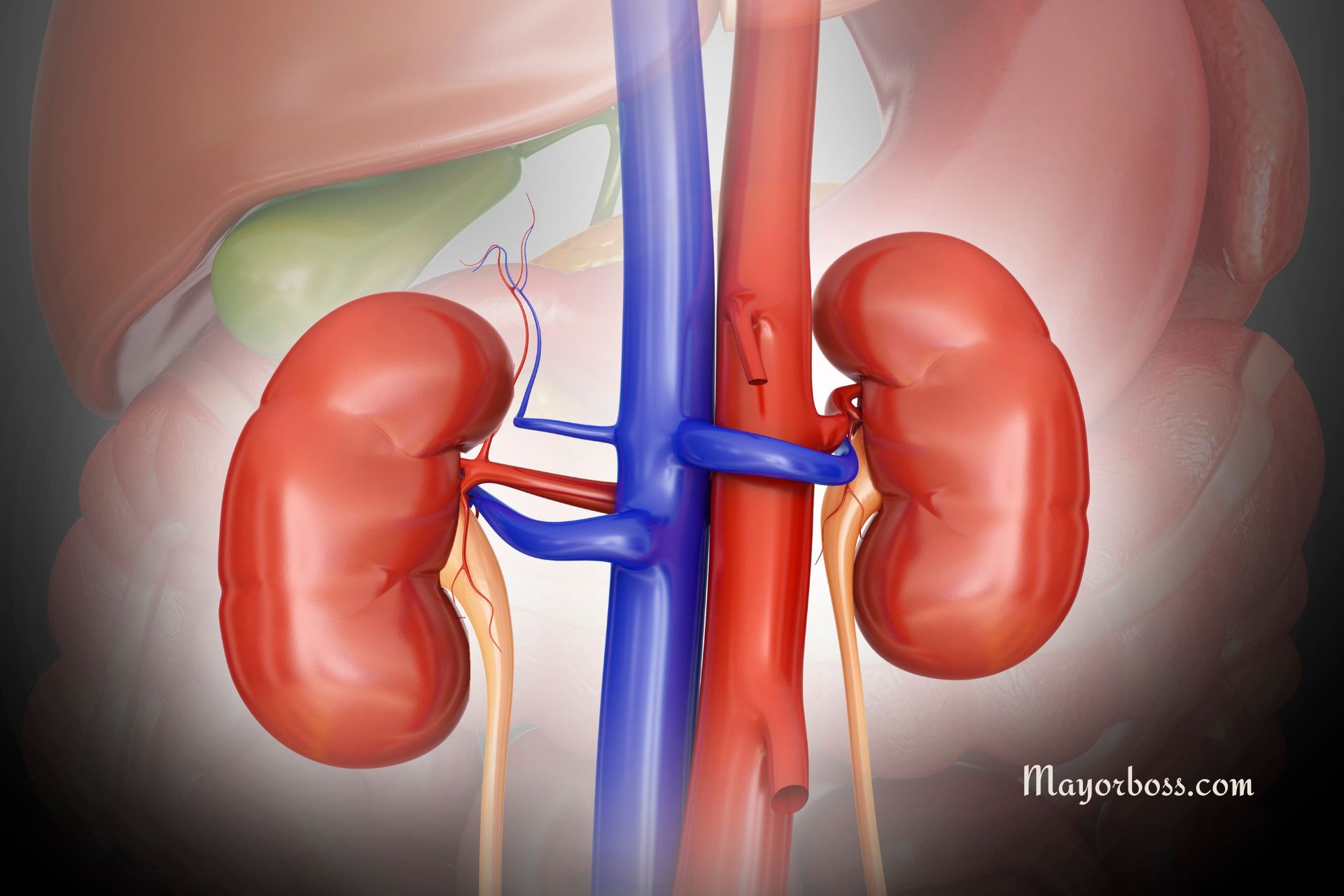Pharyngitis: The Signs, Symptoms, and Treatments
Pharyngitis, often referred to as a sore throat, is an irritation or inflammation of the pharynx, the part of the throat situated behind the mouth and nasal cavity. This condition often leads to discomfort, pain, or scratchiness in the throat, which can be aggravated by swallowing. Although the majority of pharyngitis cases are viral in nature, some can be caused by bacterial infections, including the infamous strep throat.
Regardless of the cause, pharyngitis can make speaking and swallowing a challenging and unpleasant task. Fortunately, there are several effective treatments available, and comprehending the signs and symptoms can lead to quicker diagnosis and resolution.

The Signs and Symptoms of Pharyngitis
Pharyngitis can present with various signs and symptoms, some of which may seem familiar, especially if you’ve ever had a common cold. According to Dr. Mayor Boss, Ph.D. in Pharmaceutical Sciences, “The signs and symptoms of pharyngitis largely depend on the underlying cause. However, there are some common symptoms that patients usually present with.” These include:
- A sore or scratchy throat
- Difficulty swallowing or discomfort while swallowing
- Red or swollen tonsils
- Hoarse voice or loss of voice
- A mild cough
- Fever (more common with bacterial pharyngitis)
Remember, not everyone will experience all these symptoms. In particular, the severity and combination of symptoms can vary from individual to individual, and it’s important to seek medical attention if you’re concerned.
What Is The Most Common Cause Of Pharyngitis?
Pharyngitis can be caused by a variety of factors. Dr. Boss explains, “Most commonly, it’s due to viral infections like the common cold or flu. However, it can also be caused by bacteria, most notably Streptococcus pyogenes, which leads to strep throat.”
Here are some of the most common causes of pharyngitis:
- Viral infections: These include the common cold, influenza (flu), mononucleosis (mono), measles, chickenpox, or croup.
- Bacterial infections: The most common bacterial infection is Streptococcus pyogenes, causing strep throat. Other bacteria like Chlamydia pneumoniae and Mycoplasma pneumoniae can also cause pharyngitis.
- Environmental factors: Allergens, pollution, or smoke can cause throat irritation leading to pharyngitis.
- Fungal infections: Although rare, certain fungi, like Candida, can lead to pharyngitis, especially in people with weakened immune systems.
- GERD (Gastroesophageal reflux disease): This condition causes stomach acid to back up into the throat, causing irritation and inflammation.
Treatment for Pharyngitis
When it comes to treating pharyngitis, the process usually depends on the basic cause of the infection.
For Viral Pharyngitis
As Dr. Boss points out, “Antibiotics are ineffective against viruses, so the treatment for viral pharyngitis is mostly focused on relieving the symptoms.” This might include:
- Rest and proper hydration: These are crucial for recovery. Warm liquids like tea or soup can provide additional relief.
- Over-the-counter medications: Pain relievers, decongestants, and cough suppressants can help manage symptoms.
- Throat lozenges or sprays: These can provide temporary relief for a sore throat.
For Bacterial Pharyngitis
If a bacterial infection is causing your pharyngitis, antibiotics will be the first line of treatment. “It’s important to finish the entire course of antibiotics, even if symptoms improve earlier, to prevent complications or a recurrence of the infection,” Dr. Boss warns.
For Pharyngitis Caused by Other Factors
If your pharyngitis is caused by environmental factors, reducing exposure to the irritant—be it smoke, allergens, or pollution—can significantly improve symptoms. For those with GERD, treatments to manage the underlying condition will often relieve the pharyngitis symptoms.
Pharyngitis, while common, should never be taken lightly. Always seek medical attention if your symptoms persist or worsen.






